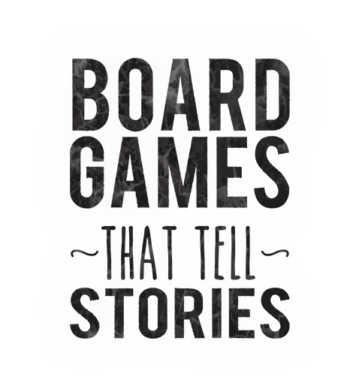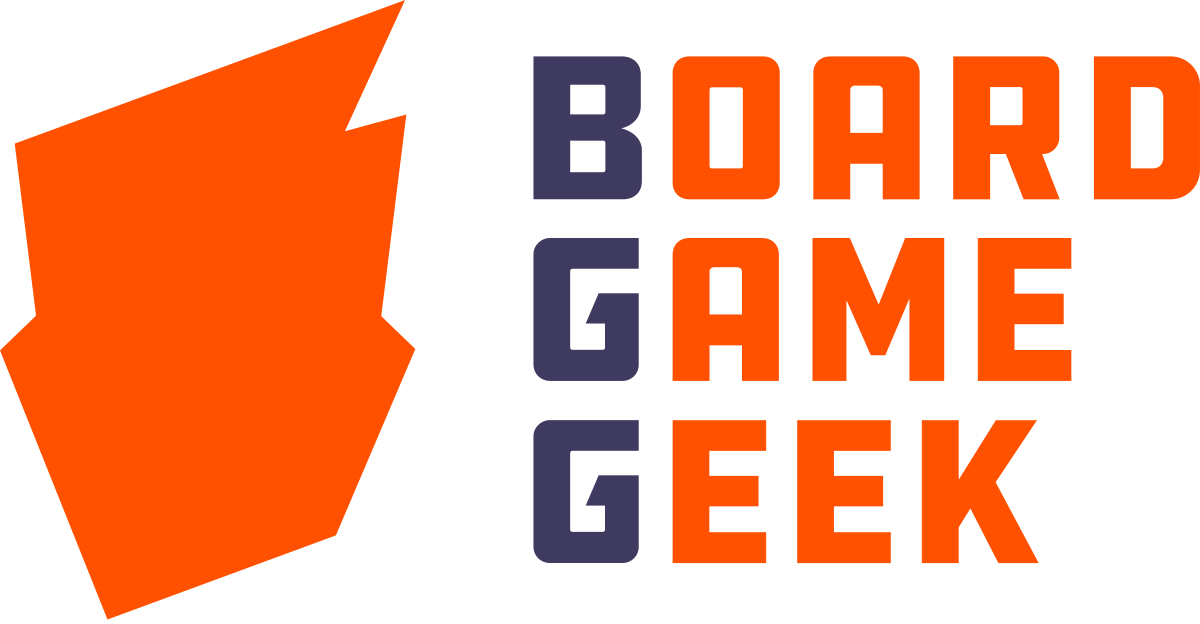The return of the telepaths: when an add-on ruins the game
GUEST POST BY MICHAL ORACZ
If I occasionally doubted in the existence of telepathy, it was until yesterday.
Somewhere around midnight I stopped my struggles with the add-on for Theseus. I looked on all the cards, tokens, units and special rules I rejected during proof-gaming. I noticed that I threw away ALMOST EVERY idea that at first occurred to me as revolutionary.
I sat in front of the keyboard and wrote an article about it. To be more precise, it was about this wild passion we authors have to turn the game up side down with an expansion. About how this rabid dog must be kept on a short leash and why.
Next day Ignacy published the text. The disturbing thing was that I haven’t even sent it to him. He published his own article, because he wrote exactly the same thing at the same time 🙂
One of us should definitely use Magneto’s helmet.
Hmm, what now… Maybe this will help:
Highlight half of the text and… DELETE.
OK 🙂
At the end of the (deleted) arguments I’ll use the newest examples taken from my everyday work.
I have just finished working on two, developed simultaneously, expansion – Missisipi for Neuroshima Hex and Robots (working name, maybe somebody has a better idea for a name of the machines’ faction?) for Theseus. Of course we are still polishing the balance but that is a completely different pair of shoes.
Missisipi. When working on an expansion I always feel tempted to show what I can do with a game. The first approach to a new army is like creating a demo. Ideas for creating a completely different game with the help of just one additional faction and eventually some new rules are trying to escape my head as if they were a bunch of wild animals.
I feel drawn to pour a whole bucket of innovations on the game. New units appear, they run all over the board game like crazy. Some new tiles and tokens appear and then coal mining and economy (just you wait, we’ll publish it one day but until then not a word to anybody!), tiles of special locations, armies consisting of mainly instant tiles or terrain tiles… Same thing in, I’m even afraid to describe it all: a tile that automatically kills everything around it. Indestructible tiles. Terrible area damage effects, wiping out few units with one shot. Units that can heal the Headquarters…
Robots. Here the situation is quite similar, first draft of the faction is a real display of fireworks. Each of the three (or four) units is different. Both reverse and obverse of the unit are not just better and worse sides. They simply have different actions. Each unit can enter the other unit and they can join to became a one big unit only to divide to smaller, specialized ones later on. Units have special directions of acting through walls. A whole bunch of new ability markers to place on your units.
I could stir things up like this all the time. I always loved it, especially when we created RPG games. I striped the game’s structure down to basic elements I meditated on each one of them. Could we improve it somehow? Could we change it to something else? Do it the way it was never done before.
When you create a game all that is great, there’s no problem.
But an expansion?
That’s why most of those innovations found their way into the trash just like half of the text I prepared, which was telepathically nicked by Ignacy (I’ll skip the argument that was brilliantly described by Ignacy and provide a bit of my own thoughts).
The author has to be fair with the player. First of all we won’t encourage new people to reach for the game. It’s an illusion. Some people think they can increase the popularity of a game and lure new players because from now on, thanks to the expansion, we have implemented deck-building and economy. No. The expansion is for those who liked the core version. They trusted us and it’s to them that we owe a debt that can only be repaid with the best possible expansion we can make.
And so for example in Neuroshima Hex if we had too much mobility it would kill the very sense of the game. No place for theory here or 'I said so and that’s how we do it’. It ruins the game in the worst possible way. Hex is a game about positioning, its like very strategic puzzle making. If there is a faction with too much mobility on the game board, it starts to play a different game and then the worst thing happens – every now and then there is the proverbial „Cancel” or „Dispel”. Too much mobility in Hex turns off all the advantages of other armies. Others make their slow and strategic puzzle while the mobile ones are playing PacMan with them.
Same thing with instant tiles. It’s not a problem to design an army consisting only of these (I still have the draft of Parker Lots gang in my magic box, they are assassins who spit out instants as if they were mad). But Parker Lots play their own game on a board of NS Hex and the unfortunate army that goes against them plays a different one. It doesn’t matter that balance can be forced so that in the end it will be more or less equal. It’s about the fact that it feels unpleasant, unfair and frustrating.
All of the new markers got kicked out of Missisipi, same with the economy in Hex, instant armies and one hundred percent mobile ones.
Specialized units got kicked out of the Robots faction as well as piles of tokens and special movement rules – they might return in the future if they can defend themselves better in tests of a different faction. Until then they have the red card and will have to warm the bench.
An innovative expansion is a great thing as long as it deepens what we already love about a game, not simply denies everything we knew, in the name of innovation and game play variation.
That’s the end of demos, it’s high time to create some cool, complete new expansions for the fans of these two games.
It’s not about some sophisticated theory. It’s all very simple:
Each game has its own rhythm and characteristics of game play.
Let’s embrace it while creating expansions, we owe that to those who love it.


 I strongly believe that good board game is the one that tells a good story. You play it and suddenly you are sucked into it, you feel chills on the skin. Emotions grow. In a moment you defend castle. You hear roar of warriors. You smell boiling oil. You are into it.
That's how I design my games. I always want to tell a good story. I want players to be into it. As deep as possible.
I strongly believe that good board game is the one that tells a good story. You play it and suddenly you are sucked into it, you feel chills on the skin. Emotions grow. In a moment you defend castle. You hear roar of warriors. You smell boiling oil. You are into it.
That's how I design my games. I always want to tell a good story. I want players to be into it. As deep as possible.




Name suggestions for Robots:
Perceptrons
Singularity
Clockworks